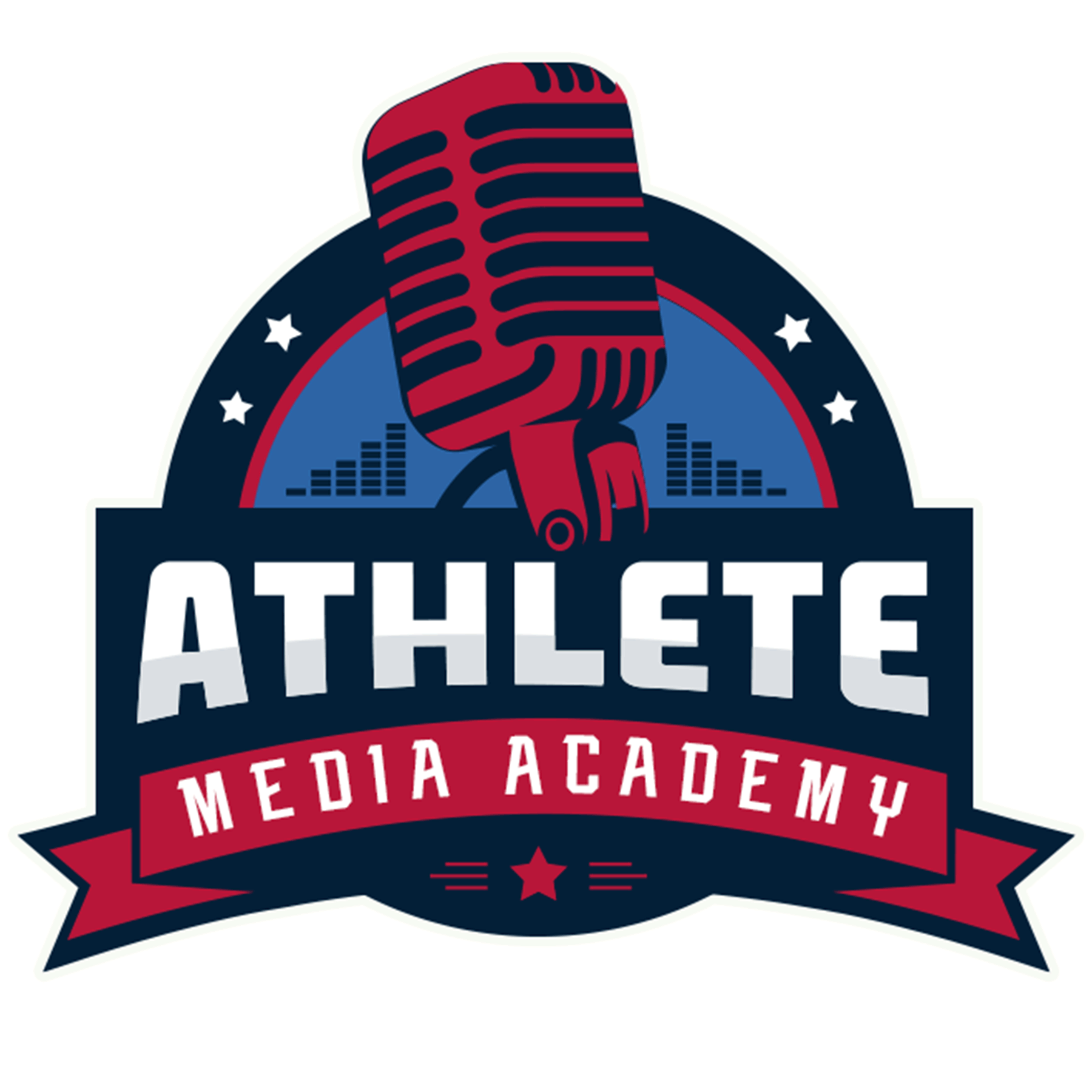Lesson 4: Managing Online & Social Media Criticism
Lesson Overview
In the digital age, athletes are under constant scrutiny on social media. Criticism—whether constructive or harmful—can significantly impact an athlete’s confidence, mental well-being, and public image. Managing online criticism effectively is crucial for maintaining professionalism, protecting one’s reputation, and fostering a positive online presence. This lesson explores strategies for handling negative comments, responding to criticism wisely, and maintaining control over an athlete’s digital narrative.
Learning Objectives
By the end of this lesson, athletes will be able to:
✅ Differentiate between constructive criticism and harmful negativity.
✅ Identify strategies for handling social media backlash with professionalism.
✅ Understand when to engage, ignore, or report negative online interactions.
✅ Develop a personal social media response plan to manage criticism.
Section 1: Types of Online Criticism
Athletes face various forms of online criticism, and knowing how to differentiate them helps determine the best response.
✔️ Constructive Criticism: Feedback that provides valuable insight and encourages improvement.
✔️ Trolling & Harassment: Comments meant to provoke, intimidate, or degrade an athlete.
✔️ Misinformation & Rumors: False narratives that spread quickly and influence public perception.
✔️ Performance-Based Criticism: Fans and analysts critiquing an athlete’s in-game performance.
✔️ Personal Attacks: Unwarranted comments targeting an athlete’s character, lifestyle, or beliefs.
🔹 Discussion: How have professional athletes successfully handled online criticism? What strategies were effective?
Section 2: Strategies for Handling Online Criticism
✔️ Assess Before Responding: Determine if engagement is necessary—some comments are best left unanswered.
✔️ Stay Professional & Composed: Emotional responses can escalate negativity.
✔️ Respond with Facts & Positivity: If correction is needed, keep the tone factual and non-confrontational.
✔️ Leverage Support Networks: Seek guidance from PR teams, coaches, and mentors when navigating online challenges.
✔️ Use Privacy Settings: Adjust social media settings to control interactions and reduce exposure to negativity.
✔️ Know When to Block & Report: Protect mental well-being by limiting exposure to persistent harassment.
🔹 Activity: Athletes analyze real-world examples of online criticism and develop appropriate response strategies.
Section 3: Maintaining a Positive Digital Presence
✔️ Promote Positive Engagement: Focus on interactions with supportive fans, teammates, and organizations.
✔️ Use Content to Reinforce Your Brand: Share training updates, charitable efforts, and positive moments.
✔️ Monitor & Adapt: Keep track of how online sentiment evolves and adjust engagement strategies accordingly.
✔️ Develop a Response Plan: Prepare a set of guidelines for handling different types of criticism.
🔹 Exercise: Athletes create a personalized response strategy to handle social media criticism effectively.
Final Takeaways & Next Steps
✔️ Final Activity: Athletes draft responses to different types of online criticism, practicing professionalism and strategic engagement.
✔️ Key Takeaway: Thoughtful management of online criticism helps maintain reputation, control messaging, and build resilience.
✅ Next Steps:
- Identify three positive ways to engage with followers despite criticism.
- Develop a set of personal social media guidelines to manage interactions effectively.
- Monitor public perception and adjust engagement strategies as needed.

